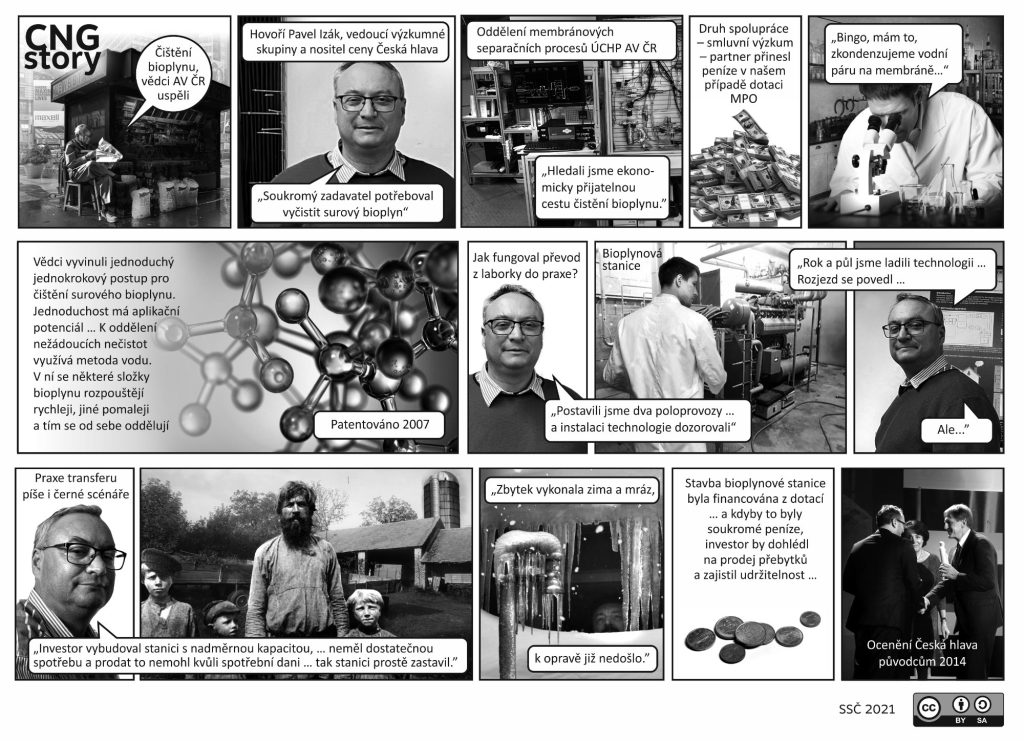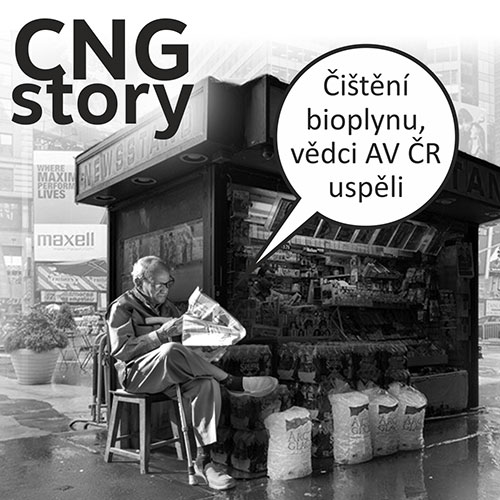
Biogas and its processing is one of the important areas of research. Getting good quality CNG from waste is definitely a great opportunity that we will be hearing a lot more about (and you can read more about it here). We asked its inventor, Dr. Pavel Izák from the Institute of Chemical Processes of the CAS, about how this technology has been put into practice:
How difficult is it to transfer research results in the field you work in?
Transferring a scientific result from the laboratory to practice is a very complex process and a long haul. First of all, you need a professional team around you, but also a lot of luck. And why go through all this? If this process could be translated into practice on a larger scale, it would provide an easy route to obtaining quality CNG fuel and reduce our dependence on foreign oil and gas supplies.
How would you briefly summarize the story of which you were a direct participant? What did it give you?
It gave me a lot of interesting experiences in the field of technology transfer that I had no idea about before.
Mostly, though, it showed me how disproportionate subsidies can distort the market. The historically exorbitant support for solar electricity makes it difficult to get support for the purification of raw biogas into CNG. Unfortunately, without subsidies we are not competitive with subsidised electricity! And with that, our entire transfer stands and falls.
What are you working on now?
Our group is now working on the separation of racemic mixtures to obtain pure enantiomers, which are important for pure and safe drugs. I am also involved in the purification of waste gases. And I am also interested in water purification, which is indispensable for the future.
Pavel Izák won the 2014 Czech Head Award in the category of the Kapsch Prize for Technical Sciences.




